The Difference Between Balsamic Vinegar and Red Wine Vinegar
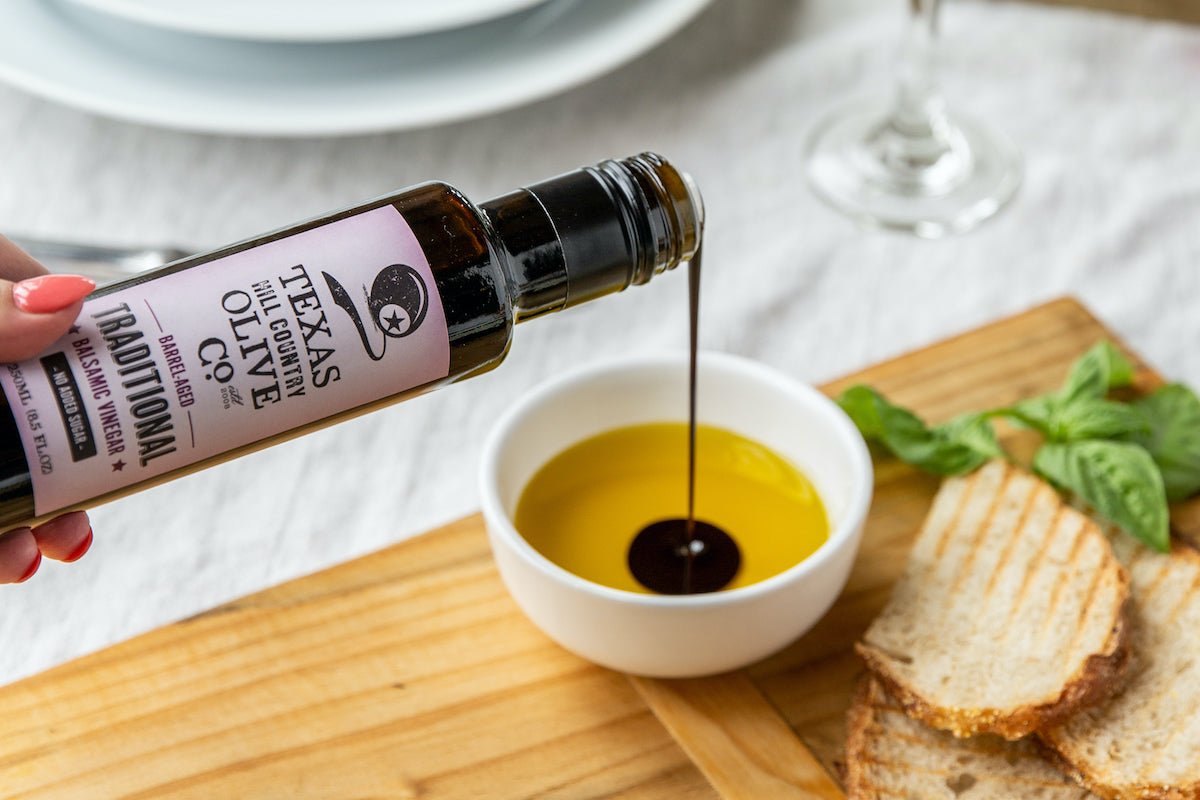
When it comes to vinegar, there are countless options available. From white vinegar to apple cider vinegar to rice vinegar to malt vinegar each type of vinegar offers its own unique flavor and characteristics. Vinegars are packed with flavors, and a small amount goes a long way!
Two of the most popular types of vinegar are balsamic vinegar and red wine vinegar, which are both pantry staples that are available at your local grocery store. Although both balsamic vinegar and red wine vinegar contain acetic acid, which is the main component that gives vinegar its sour taste and is responsible for its acidity level, they are still very different from one another.
So let's explore the differences between these vinegars and how they can be used in various culinary applications!
The Difference Between Balsamic Vinegar and Red Wine Vinegar
Balsamic Vinegar

Balsamic vinegar is a type of vinegar that originated in Italy. It is made from unfermented grape juice, which is boiled down to a syrupy consistency. The syrup is then aged in oak barrels for anywhere from several months to several years. The result is a syrupy vinegar with a dark color that has a sweet, fruity flavor.
Authentic balsamic vinegar is made from grape must, which is freshly crushed grape juice that contains the skins, seeds, and stems of the grapes. This type of vinegar is considered a delicacy, and is a pantry staple. It is often used in small amounts to enhance the flavor of dishes such as salads, grilled meats, and even desserts.
Red Wine Vinegar

Red wine vinegar is made from the fermentation of red wine. It has a sour, acidic taste and a fruity aroma. It is a common ingredient in salad dressings and marinades and can also be used in cooking to add flavor to sauces and stews.
Red wine vinegar is a milder alternative to other types of vinegar, such as white vinegar and apple cider vinegar. It is also a popular choice for those who are looking for a vinegar that is lower in calories and sugar.
Balsamic Vinegar vs Red Wine Vinegar
One of the key differences between balsamic vinegar and red wine vinegar is their production process. Balsamic vinegar is made from unfermented grape juice, while red wine vinegar is made from fermented red wine. This difference in production process results in two very different flavors.
Balsamic vinegar has a sweet, fruity flavor, while red wine vinegar has a sour, acidic taste. Balsamic vinegar is also thicker and more syrupy than red wine vinegar, which is thinner and more liquid in consistency.
Another difference between these two vinegars is their culinary uses. Balsamic vinegar is a more versatile ingredient than red wine vinegar. It can be used in both sweet and savory dishes, while red wine vinegar is primarily used in savory dishes.
Balsamic vinegar is an excellent choice for salad dressings, marinades, and glazes for meats. It is also a popular ingredient in a balsamic vinaigrette with olive oil and lemon juice and can be used as a drizzle over ice cream. Red wine vinegar, on the other hand, is commonly used in salad dressings, marinades, and sauces for meats.
Substituting Vinegars
If you don't have balsamic or red wine vinegar on hand, there are several other types of vinegar that can be used as substitutes. White wine vinegar, champagne vinegar, rice wine vinegar, and sherry vinegar are all good substitutes for red wine vinegar. These vinegars have a milder flavor than red wine vinegar and can be used in the same types of dishes.
For balsamic vinegar, white balsamic vinegar is the best substitute. White balsamic vinegar has a similar sweet flavor to traditional balsamic vinegar, while being a bit lighter.
When substituting vinegars, keep in mind that the flavor and acidity level may differ slightly, so adjust the amount used accordingly. It's always a good idea to taste the dish as you go and make adjustments as needed.
Choose Texas Hill Country Olive Co. Balsamic Vinegars

Balsamic vinegar and red wine vinegar are two of the most popular types of vinegar used in culinary applications, and both a great choice. While both vinegars have their own unique strong flavor and characteristics, balsamic vinegar is a more versatile ingredient that can be used in a variety of dishes. Red wine vinegar, on the other hand, is primarily used in savory dishes, like red meat, and has a sour, acidic taste.
Looking for the best balsamic vinegar there is? Shop Texas Hill Country Olive Co. Balsamics! From traditional to white, and from bourbon aged to fruity - we've got tons of delicious options to choose from.
Want to test drive a few flavors? This mini set of our best selling balsamics is a great way to test a few and find your favorite (or give as a gift).
Plus, there's always tastings at our olive orchard in Dripping Springs....


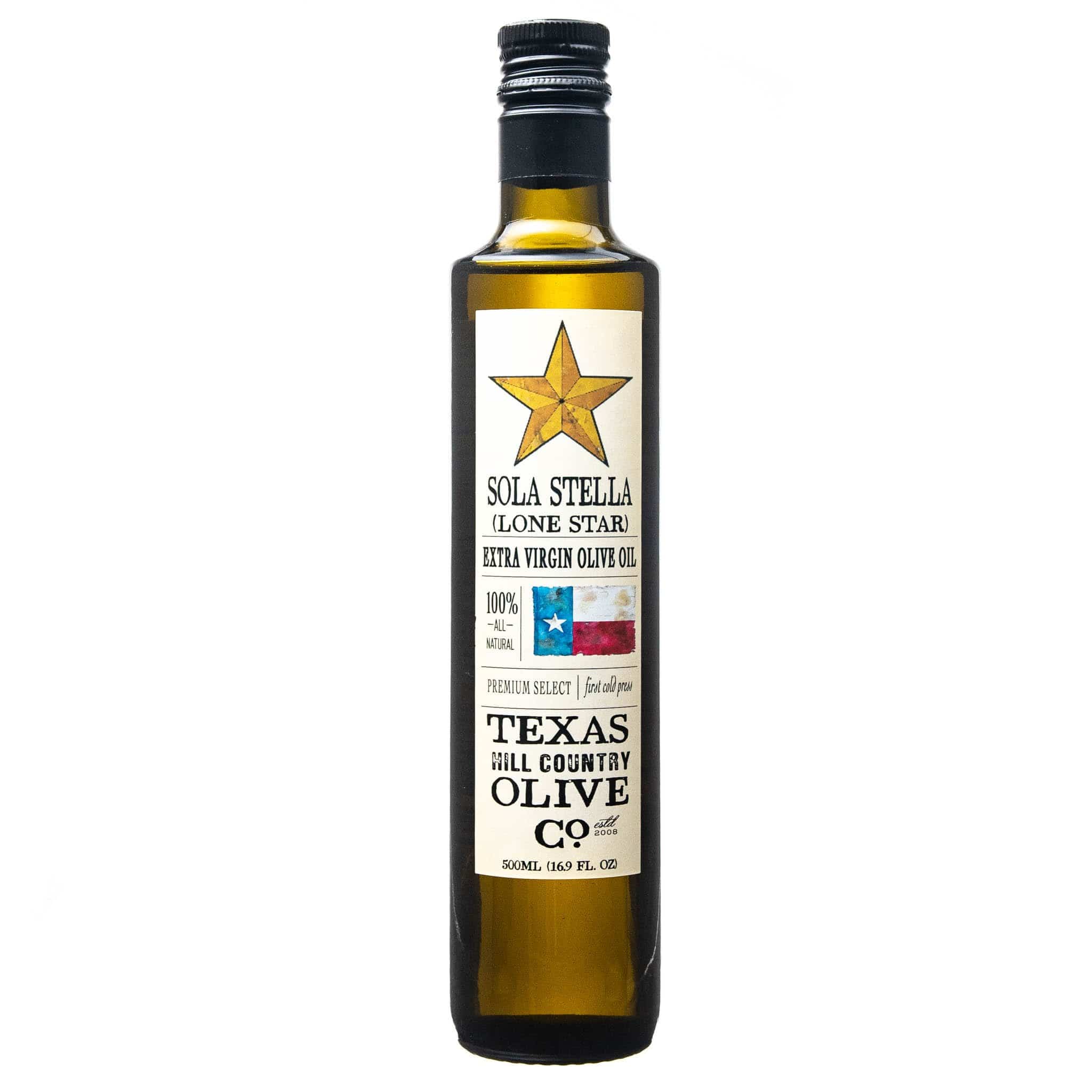
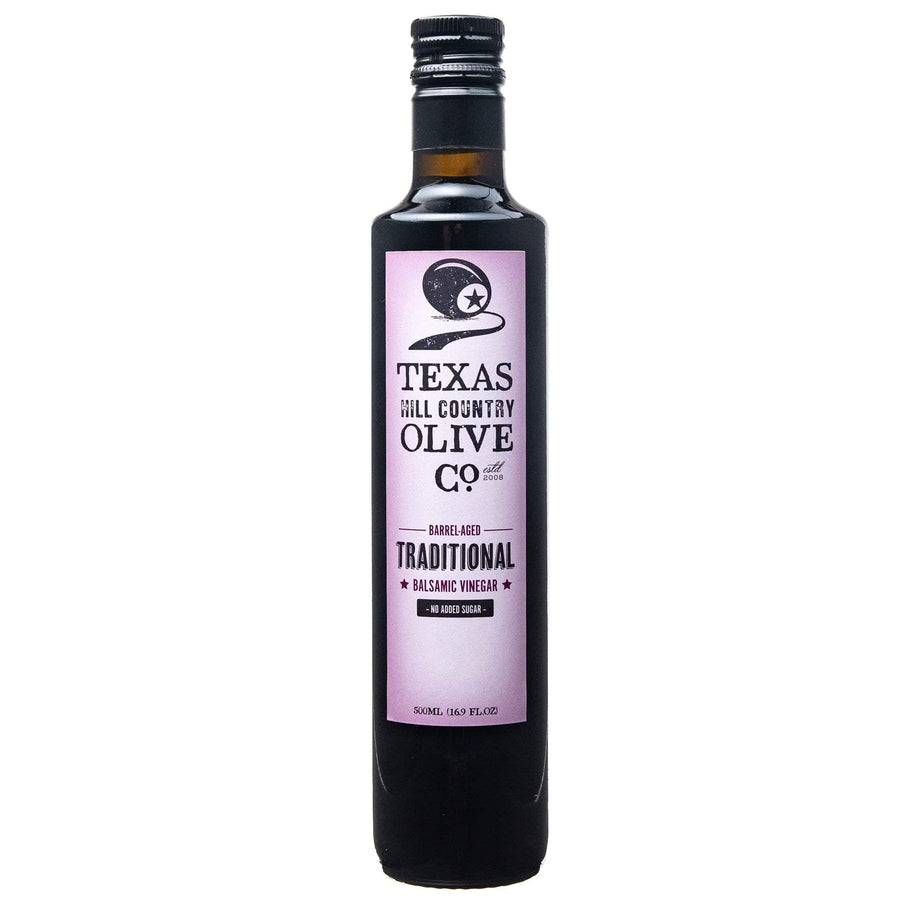

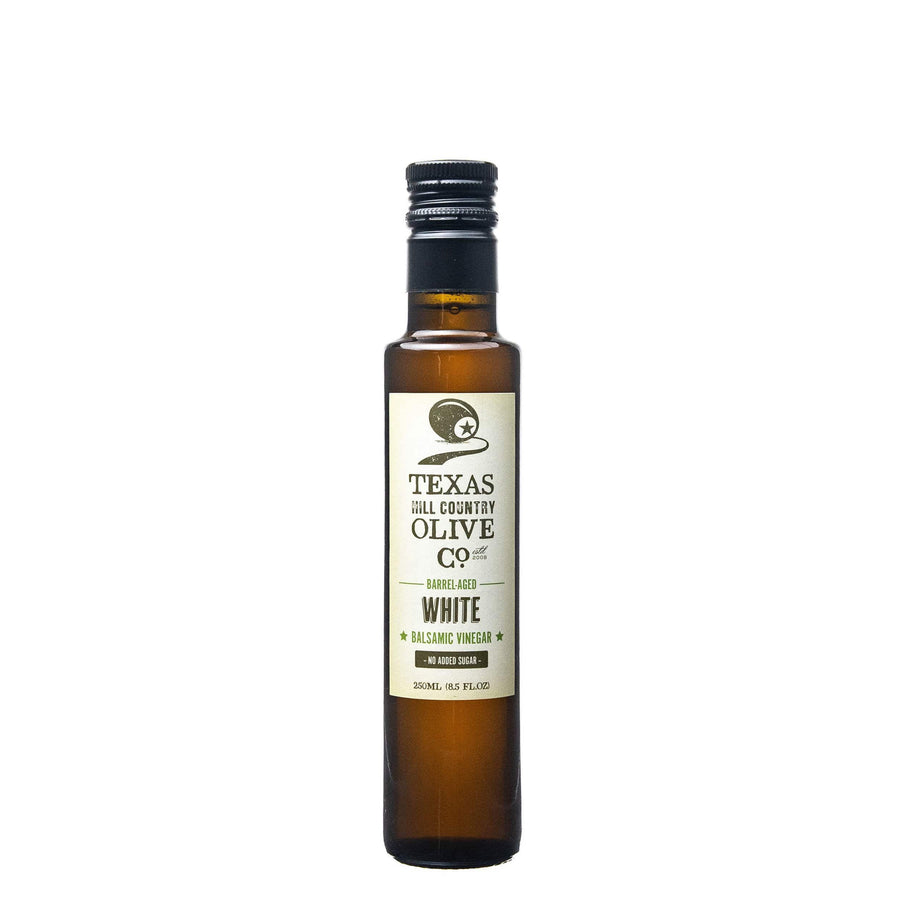
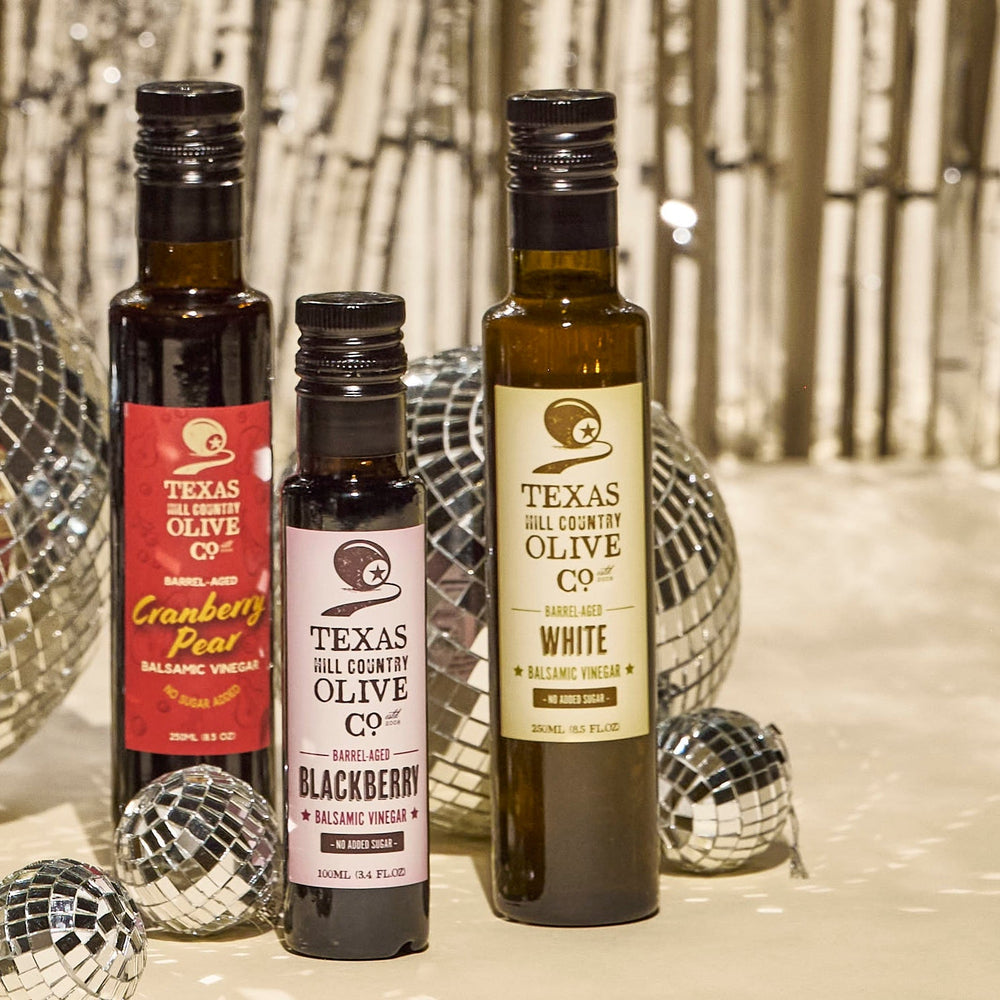
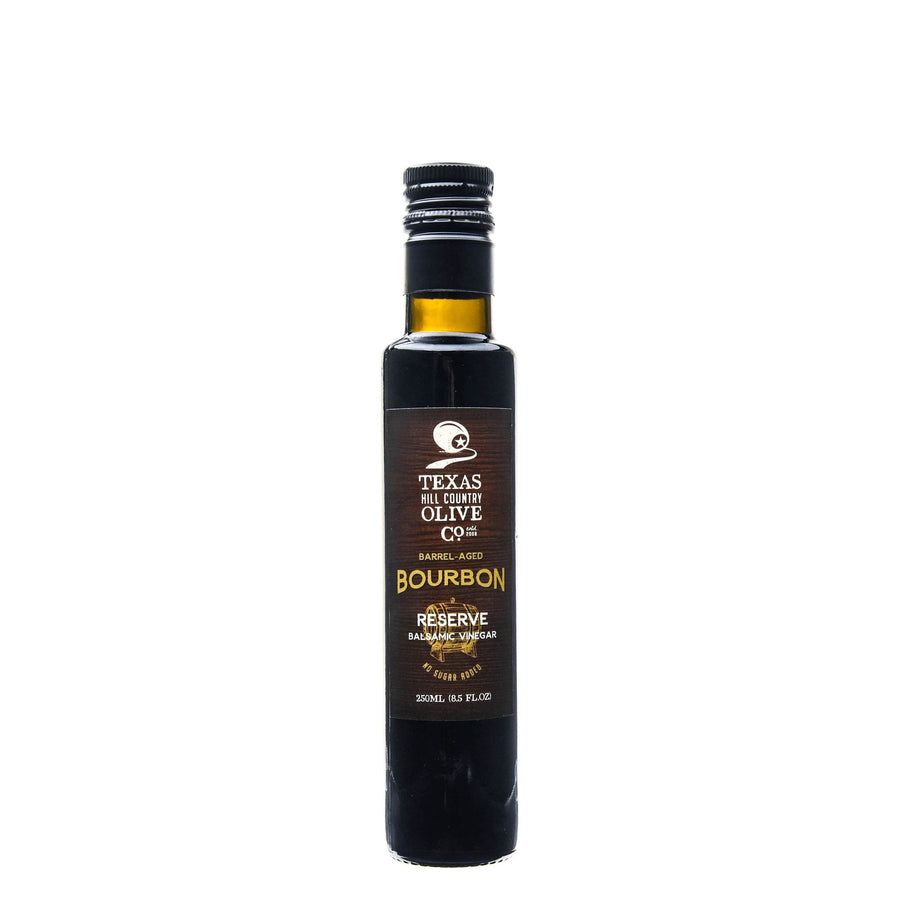
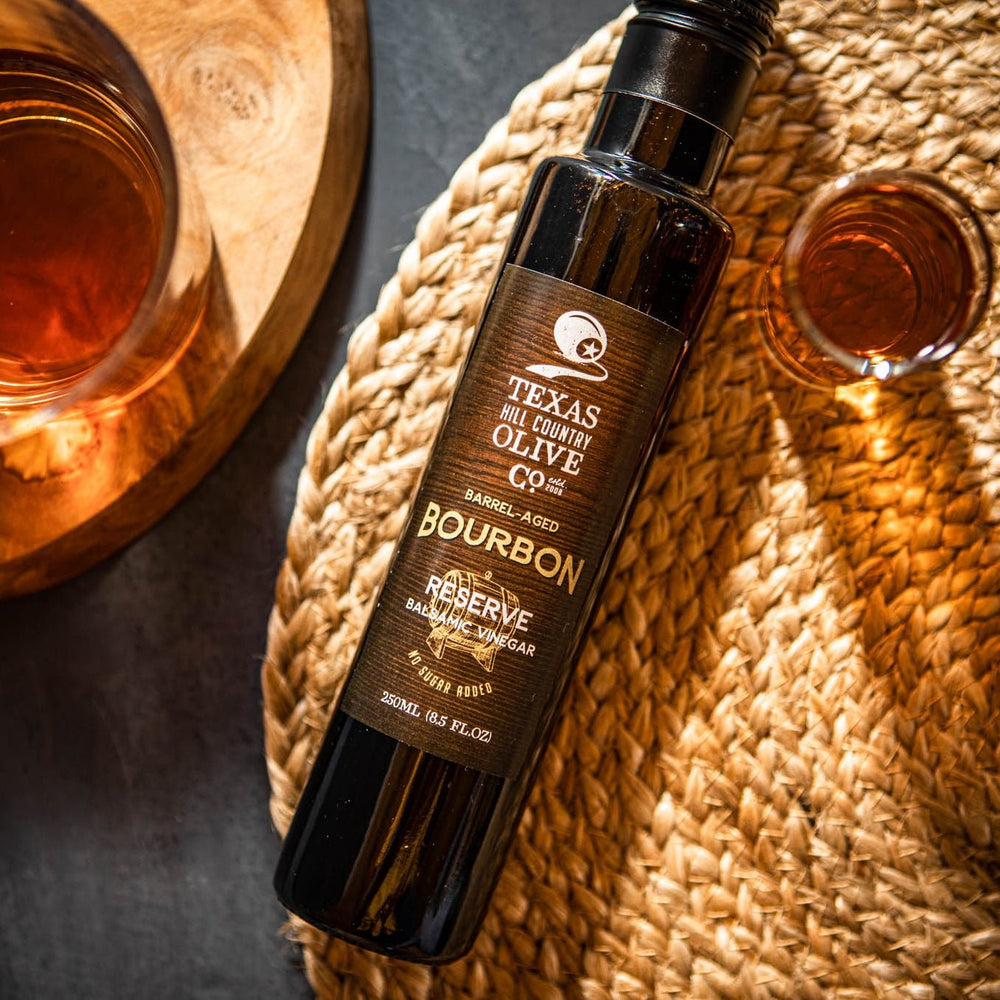
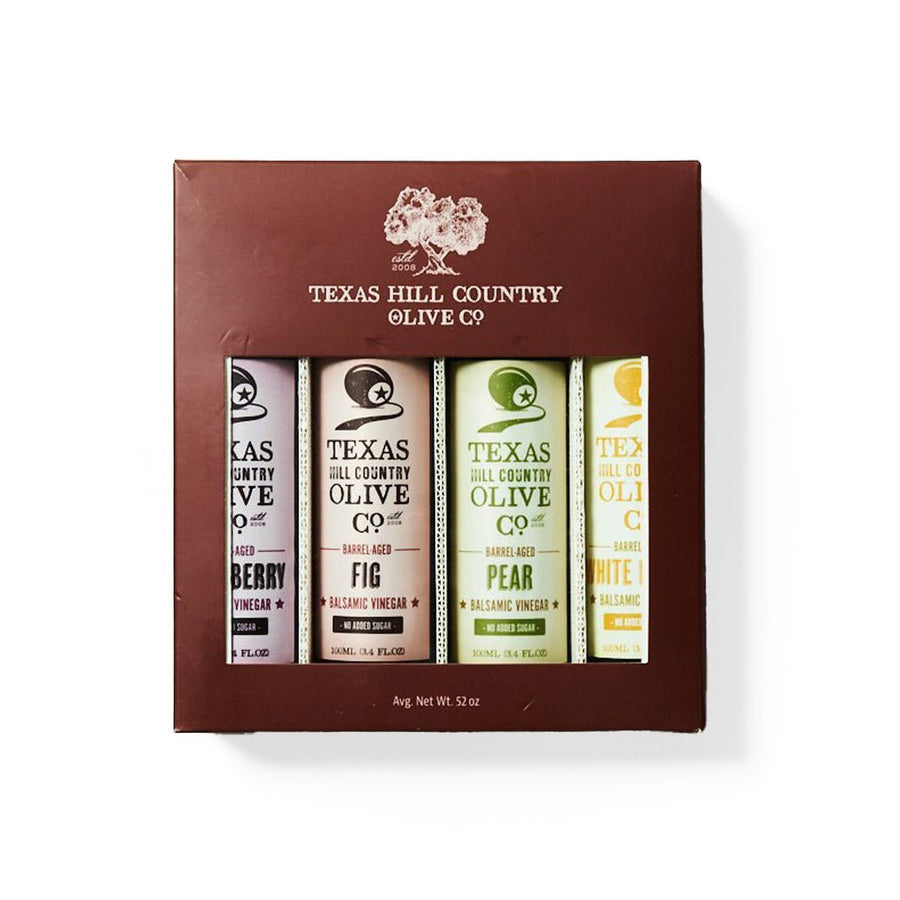
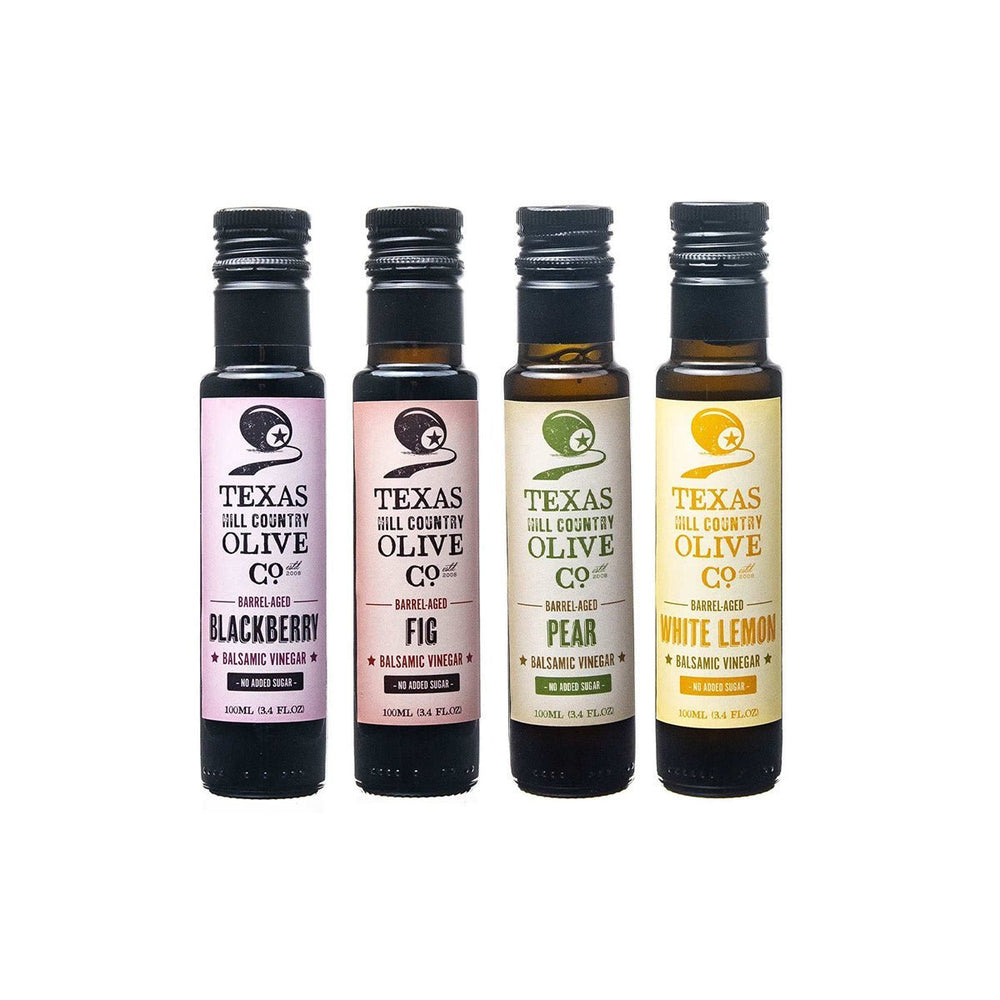


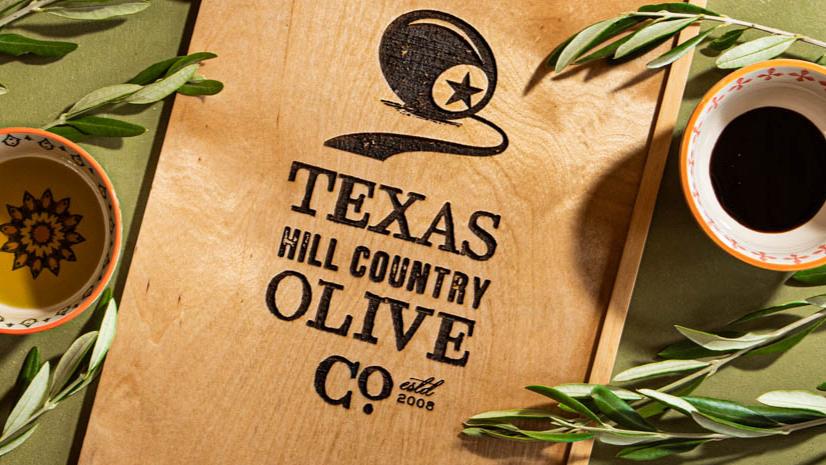


Leave a comment